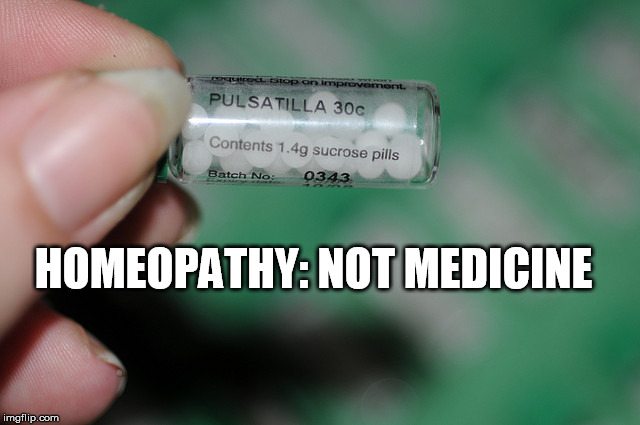Results for: placebo

Dr. Oz and Green Coffee Beans – More Weight Loss Pseudoscience
I can’t keep up with Dr. Oz. Just when I thought the latest weight loss miracle was raspberry ketone, along comes another weight loss panacea. This time, it’s green coffee beans. Eveyone knows Dr. Oz, now. Formerly a guest on Oprah, he’s got his own show which he’s built into what’s probably the biggest platform for health pseudoscience and medical quackery on...
NCCAM on “integrative medicine”: What’s in a word?
I don’t know how I’ve missed this, given that it’s been in existence now for a month and a half, but I have. Regular readers (and even fairly recent readers, given that I write about this topic relatively frequently) know that I’m not a big fan of the National Center for Complementary and Alternative Medicine (NCCAM). (Come to think of it, neither...
Vital Signs: Buteyko Breathing
As I have mentioned in the past, almost all of my practice is inpatient medicine, doing infectious disease consults in acute care hospitals. I only spend three hours a week in the outpatient clinic, so I have a skewed perception of medicine and disease. The patients I see are sick, really sick, often trying to die and are a complicated collection of...

The Swiss Report on Homeopathy
Proponents of homeopathy claim that a Swiss report published in 2012 vindicates homeopathy. The report was actually authored by homeopaths, who used an artificially low standard of evidence to conclude what they were selling actually works. This ignores the improbability of homeopathy, and the many other reviews that have concluded it is nothing more than a placebo.
No, sugar pills won’t repel insects, and other consequences of regulating nonsense
As a group blog, Science-Based Medicine brings a variety of perspectives to issues of science in medicine. However we align around a few core principles which define what science-based medicine is, and how it should be practiced. One principle we emphasize is the importance of subjecting the evaluation of all health interventions and treatments to a single, science-based standard. One of the...
Bee Venom Therapy Update
I wrote previously about bee venom therapy (BVT), also called apitherapy or bee sting therapy, as an emerging “alternative” therapy. Both use and research into BVT continue, providing an excellent example of the many things that are wrong with the CAM movement. A recent Reuters article on the topic is also an excellent example of the frequent complete failure of the mainstream media in...
What Would It Take?
I recently wrote a SkepDoc column on fantasy physics in Skeptic magazine in which I mentioned a study that had allegedly measured 2 milligauss emanations from a healer’s hands. A reader inquired about it and went on to ask “what criteria is [sic] necessary for gaining acceptance in the scientific community in regards to purported healing processes using energy fields generated in...
Quackademic medicine trickles out to community hospitals
One of the major themes of this blog has been to combat what I, borrowing a term coined (as far as I can tell) by Dr. R. W. Donnell, like to refer to as “quackademic medicine.” Quackademic medicine is a lovely term designed to summarize everything that is wrong with the increasing embrace of so-called “complementary and alternative medicine” (CAM) or, as...
Foolishness or Fraud? Bogus Science at NCCAM
Voodoo science is a sort of background noise, annoying but rarely rising to a level that seriously interferes with genuine scientific discourse… The more serious threat is to the public, which is not often in a position to judge which claims are real and which are voodoo. Those who are fortunate enough to have chosen science as a career have an obligation...
The Forerunners of EBM
The term “evidence-based medicine” first appeared in the medical literature in 1992. It quickly became popular and developed into a systematic enterprise. A book by Ulrich Tröhler To Improve the Evidence of Medicine: The 18th century British origins of a critical approach argues that its roots go back to the 1700s in Scotland and England. An e-mail correspondent recommended it to me....

